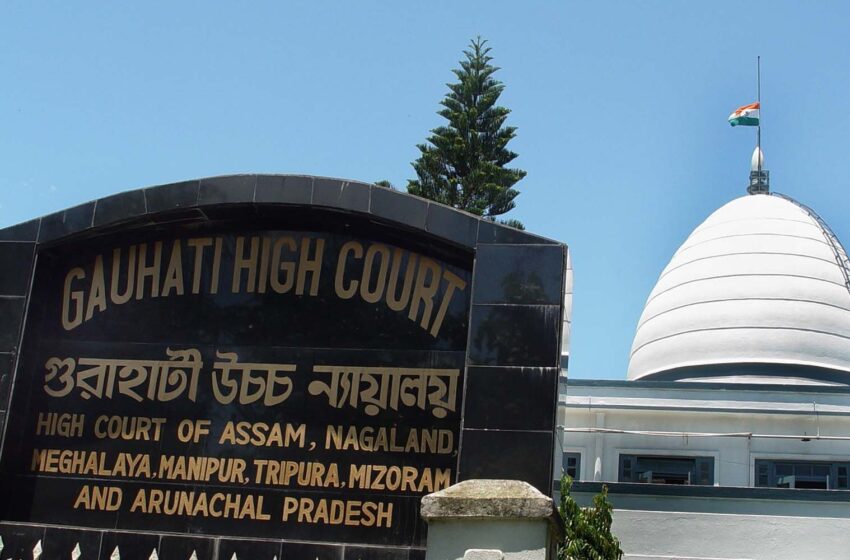
SC Collegium recommends appointment of Justice Vijay Bishnoi as Chief Justice of Gauhati HC
New Delhi, Dec 28 (IANS) The Supreme Court Collegium, headed by Chief Justice of India D.Y. Chandrachud, has recommended the appointment of Justice Vijay Bishnoi as the Chief Justice of the Gauhati High Court.
Justice Bishnoi was appointed as a Judge of the Rajasthan High Court in January 2013 and has been functioning there as a senior puisne Judge.
Before his elevation as the judge, he practised at the Rajasthan High Court and the Central Administrative Tribunal at Jodhpur and dealt with civil, criminal, constitutional, service, and election cases.
The SC Collegium noted that “during his tenure of nearly eleven years as a Judge of High Court, he has authored 652 reported judgments”.
“He has acquired extensive experience in dispensing justice in the Rajasthan High Court. He has maintained a high order of professional ethics at the Bar and the Bench and his conduct and integrity are beyond reproach,” it added.
In a statement released on Thursday, the SC Collegium said that it has also taken into consideration the fact that at present the Rajasthan High Court is not represented among the Chief Justices of the High Courts.
“The Collegium is of the considered view that Mr Justice Vijay Bishnoi is considered to be fit and suitable in all respects for being appointed as the Chief Justice of the Gauhati High Court,” it added.
The vacancy in the office of the Chief Justice of the Gauhati High Court had arisen consequent upon elevation of Justice Sandeep Mehta to the Supreme Court on November 9 of this year. The Memorandum of Procedure relating to appointment of Chief Justice of a High Court provides that “a fair representation shall be given to various High Courts for selection of Chief Justices. For purposes of such selection, inter-se seniority of puisne Judges will be reckoned on the basis of their seniority in their own High Court. The consideration for appointment of Chief Justices shall be based on the criterion of seniority subject to merit and integrity”.
